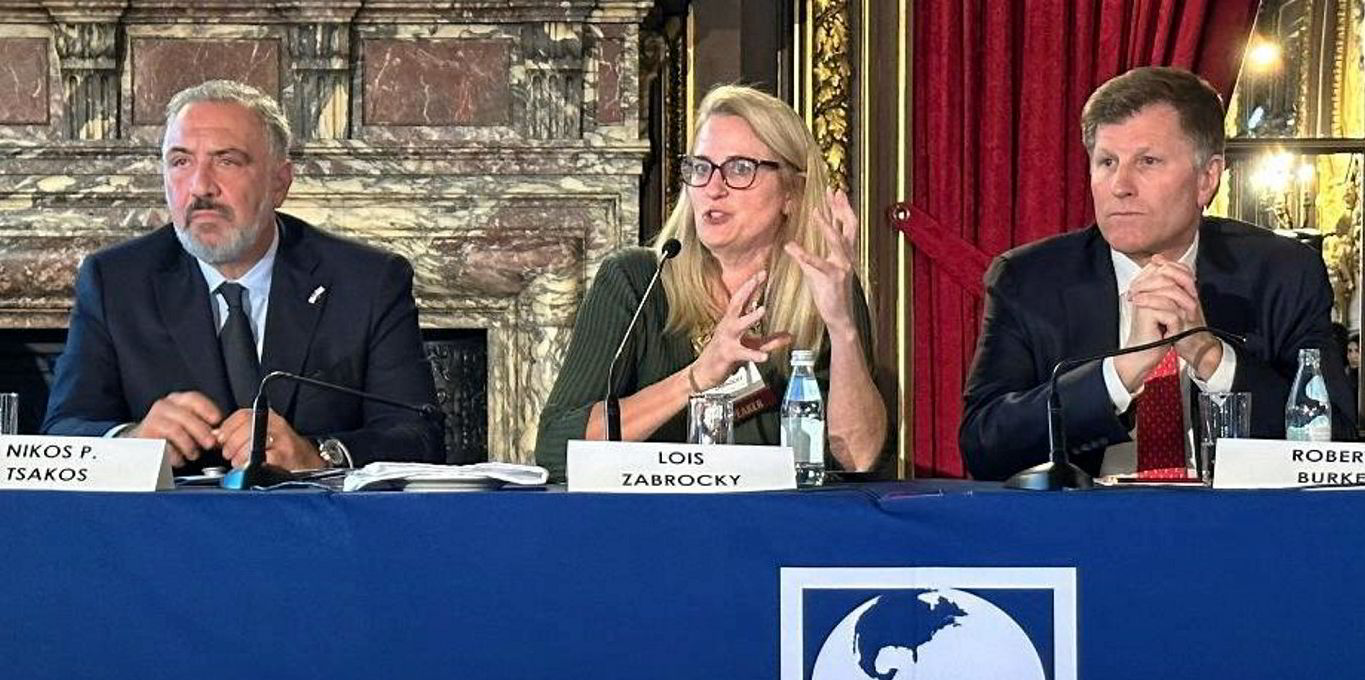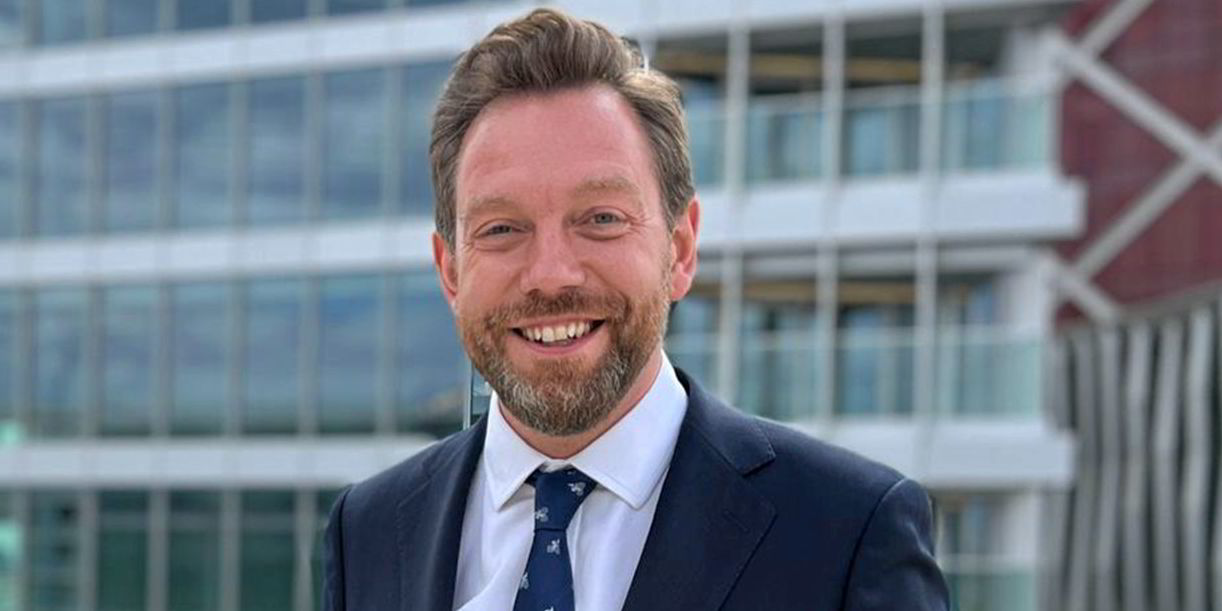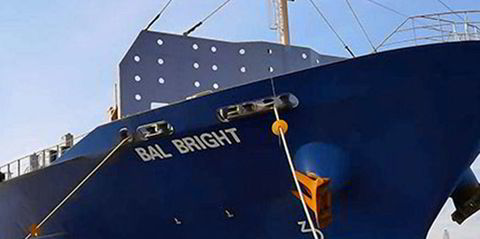“I’ve never heard of them.”
That was International Seaways chief executive Lois Zabrocky’s initial response after finding herself in an awkward spot on a crude tanker panel at Capital Link’s 15th annual maritime forum in New York on Tuesday.
The “them” Zabrocky referenced were none other than John Fredriksen’s Frontline and Belgian tanker company Euronav, which recently agreed on a deal in which Frontline will pay $2.35bn for 24 of Euronav’s modern VLCCs.
It was only natural that moderator Chris Robertson, shipping analyst for Deutsche Bank, would ask panellists Zabrocky, Greek shipowner Nikolas Tsakos and Ridgebury Tankers chief executive Robert Burke about the deal, which will be the largest tanker mergers-and-acquisitions deal in history.
The answer was always going to be a little more awkward for Zabrocky than for Tsakos or Burke.
Just as Fredriksen pursued a merger with Euronav since 2022, he bought into a 16% stake in Seaways a few months later and became its largest shareholder before the New York company blocked further accumulation with a “poison pill” in its bylaws.
Things have been a little touch and go since then, with Fredriksen demanding two board seats and seeking to influence how the company is run.
Then on the other hand, Seaways has had a close relationship with Euronav for more than 20 years, cooperating as fellow members of Tankers International and in some vessel ownership.
So for Zabrocky, any public comment was going to be a tricky thing.
The quip “I’ve never heard of them” produced some laughs and lightened the mood, while also prompting Tsakos to take up the question first.
The chief executive of New York-listed Tsakos Energy Navigation said: “I believe that the tanker market or shipping market is so fragmented, it is always good to be able to have large companies.
“It helps with operational and commercial control of assets. I have always been a big supporter of pools. I don’t think you need to spend billions of dollars on a fleet to have the same control.”
With that out, Zabrocky chimed in with a more serious attempt to answer Robertson’s question.
“Both Euronav and Frontline are amazing powerhouse tanker companies,” she said.
“We’ve been partners with Euronav for more than 20 years. We’ve worked together very collaboratively. That deal that was struck looks to be a fair representation of where valuations are today.”

The pending sale stamps Frontline as the world’s largest tanker company with a potential market capitalisation of $6bn. Euronav, meanwhile, goes forward as a smaller version of itself, maintaining listings in New York and Brussels.
Under the agreement, Euronav will also withdraw an arbitration action against Frontline after the Fredriksen company pulled out of the merger.
“It’s a lot more peaceful than a battle for the next five years,” Burke said. “That would have been a disaster for everybody.”





